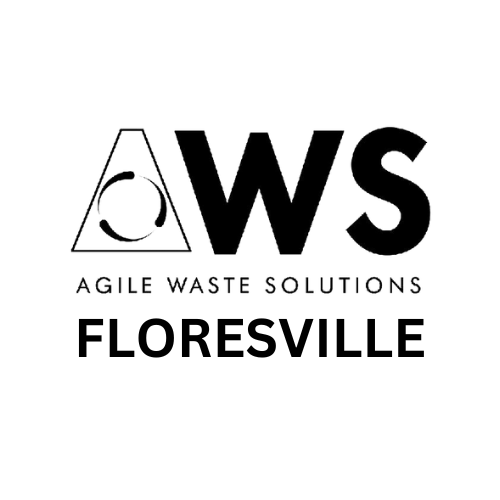830-999-2783
The Urgency of Sustainable Waste Management
As the global population continues to grow, so does the amount of waste generated. The environmental impact of improper waste disposal and the depletion of natural resources have pushed the need for innovative solutions in waste management and recycling. Thankfully, advancements in technology and a growing awareness of sustainability have paved the way for transformative changes in how we approach waste. In this article, we will explore the remarkable innovations in waste management and recycling that are turning trash into treasure.

The Challenges of Traditional Waste Management
Traditional waste management methods, such as landfilling and incineration, have significant drawbacks. Landfills take up valuable space, contribute to soil and water pollution, and release harmful greenhouse gases as waste decomposes. Incineration produces air pollution and emits greenhouse gases, posing health risks to nearby communities. These methods are not sustainable in the long run and fail to address the growing waste crisis.
The Rise of Recycling and Circular Economy
Recycling plays a crucial role in sustainable waste management by diverting materials from landfills and reducing the demand for virgin resources. Recycling involves the collection, sorting, processing, and reusing of materials to create new products. The concept of a circular economy has gained traction, aiming to minimize waste generation by keeping materials in use for as long as possible through recycling and repurposing.
Innovations in Waste Management and Recycling
1. Advanced Sorting Technologies
One of the key challenges in recycling is the efficient sorting of different types of waste materials. Innovations in sorting technologies, such as optical sorting, automated systems, and artificial intelligence, have significantly improved the accuracy and speed of waste sorting. These technologies use sensors and cameras to identify and separate different materials, enhancing recycling efficiency and reducing contamination.
2. Chemical Recycling
Chemical recycling, also known as advanced recycling or feedstock recycling, is a groundbreaking innovation that allows for the recycling of plastics that were previously difficult to recycle. Unlike traditional mechanical recycling, which involves melting and reforming plastics, chemical recycling breaks down plastics into their original chemical building blocks. These building blocks can then be used to produce new plastics or other valuable materials, closing the loop in the circular economy.
3. Waste-to-Energy Conversion
Waste-to-energy conversion technologies aim to extract energy from waste while minimizing its environmental impact. Processes such as anaerobic digestion and gasification convert organic waste into biogas or syngas, which can be used to generate heat or electricity. This approach reduces the reliance on fossil fuels and provides a sustainable energy source, transforming waste into a valuable resource.
4. Smart Waste Management Systems
The emergence of smart technologies has revolutionized waste management practices. Smart waste management systems incorporate sensors, data analytics, and real-time monitoring to optimize waste collection routes, reduce inefficiencies, and improve overall resource allocation. These systems enable waste management companies to streamline their operations, leading to cost savings and a more sustainable waste management process.
5. Product and Packaging Innovations
Addressing waste at its source is crucial for sustainable waste management. Companies are increasingly embracing product and packaging innovations to minimize waste generation. This includes using eco-friendly materials, designing products for recyclability, implementing refillable and reusable packaging systems, and exploring alternative packaging solutions. These innovations promote a shift towards a more sustainable and circular approach, reducing the environmental impact of consumer goods.
The Importance of Public Awareness and Engagement
While innovations in waste management and recycling are critical, public awareness and engagement play a significant role in their success. Educating individuals about the importance of waste reduction, proper recycling practices, and supporting sustainable initiatives encourages active participation in waste management efforts. Governments, organizations, and communities must work together to create awareness campaigns, implement effective recycling programs, and foster a culture of sustainability.
A Sustainable Future through Innovative Waste Management
The challenges posed by the increasing volume of waste can be overcome through innovative waste management and recycling practices. From advanced sorting technologies to chemical recycling, waste-to-energy conversion, smart waste management systems, and product innovations, these advancements offer solutions to turn trash into valuable resources. However, achieving a sustainable future requires collective action. By embracing these innovations, raising awareness, and actively participating in waste management efforts, we can build a cleaner and more sustainable world, where waste is no longer a burden but a treasure waiting to be discovered.

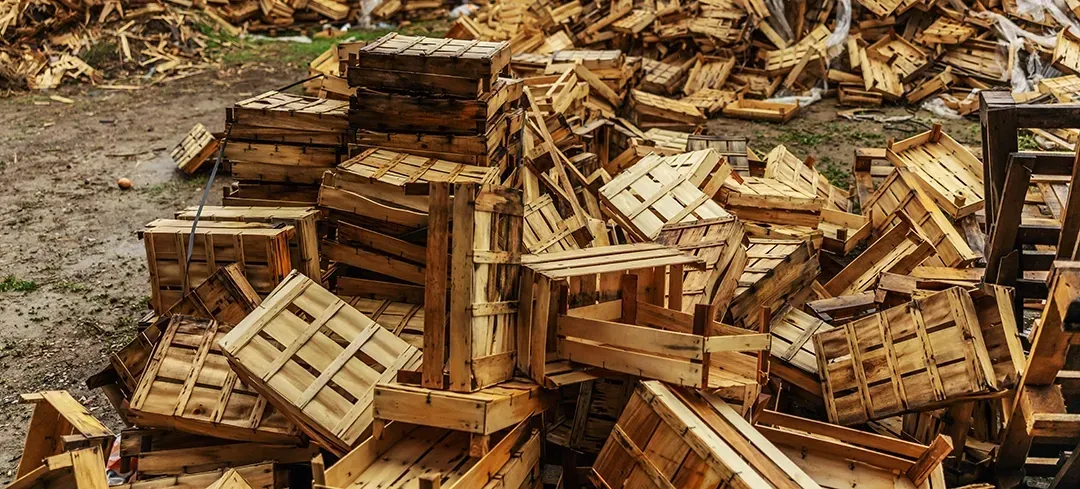
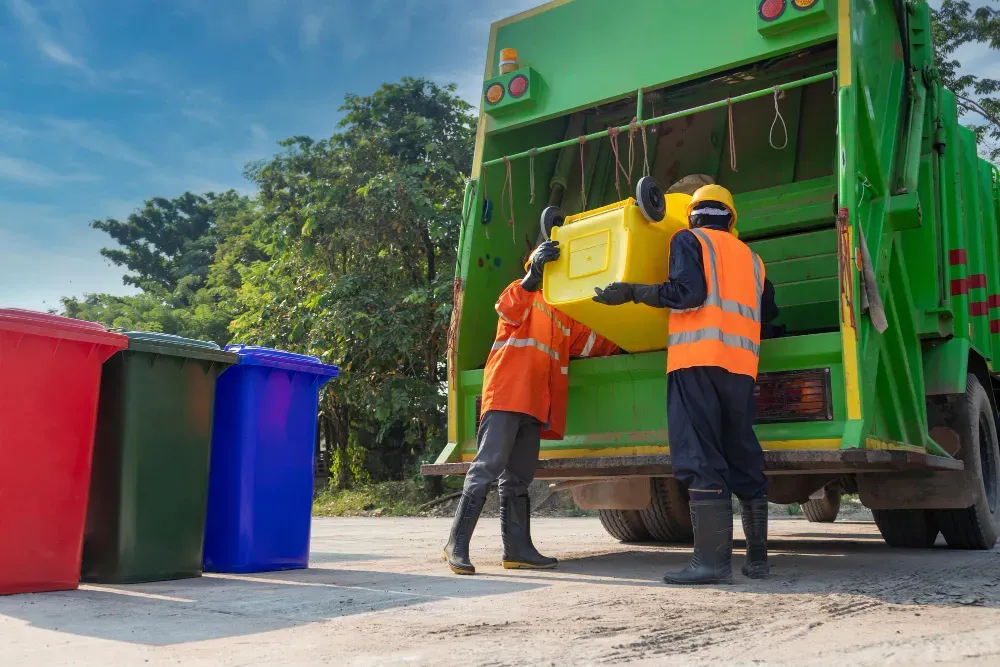
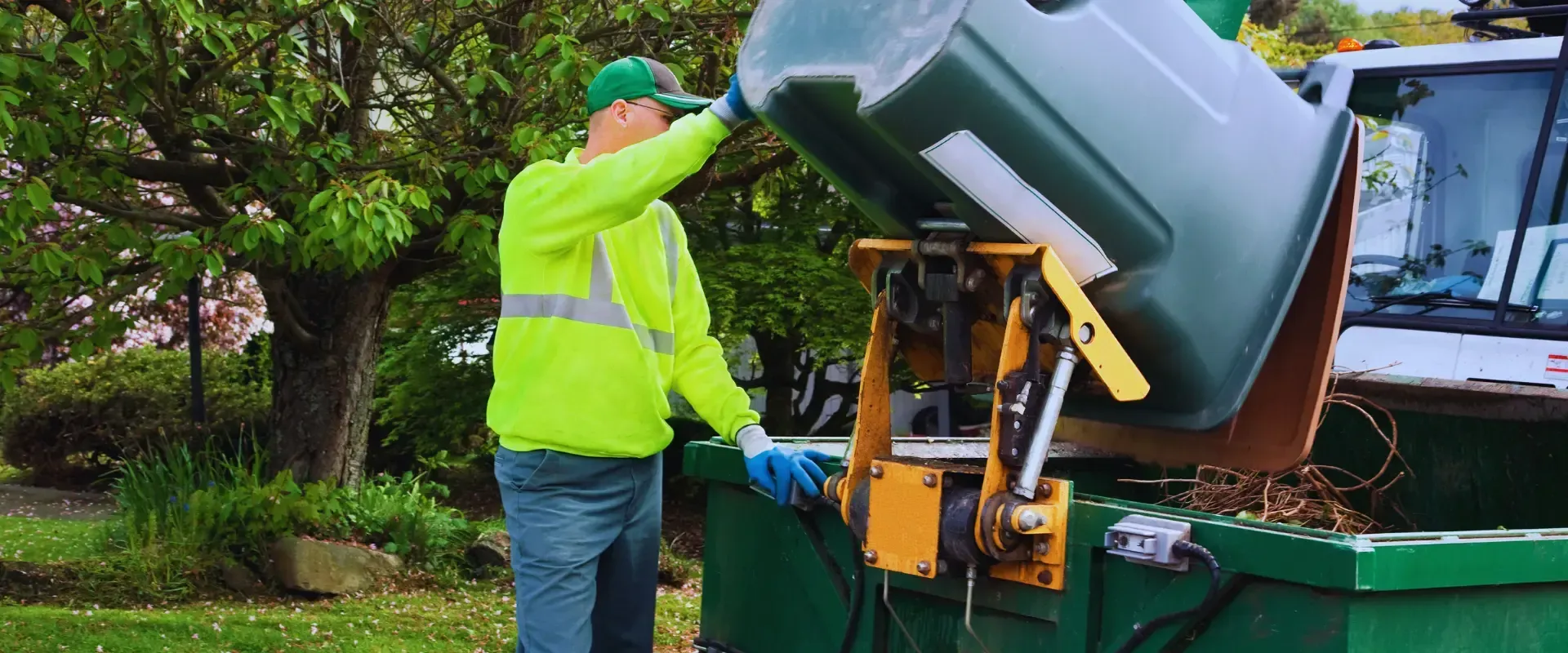
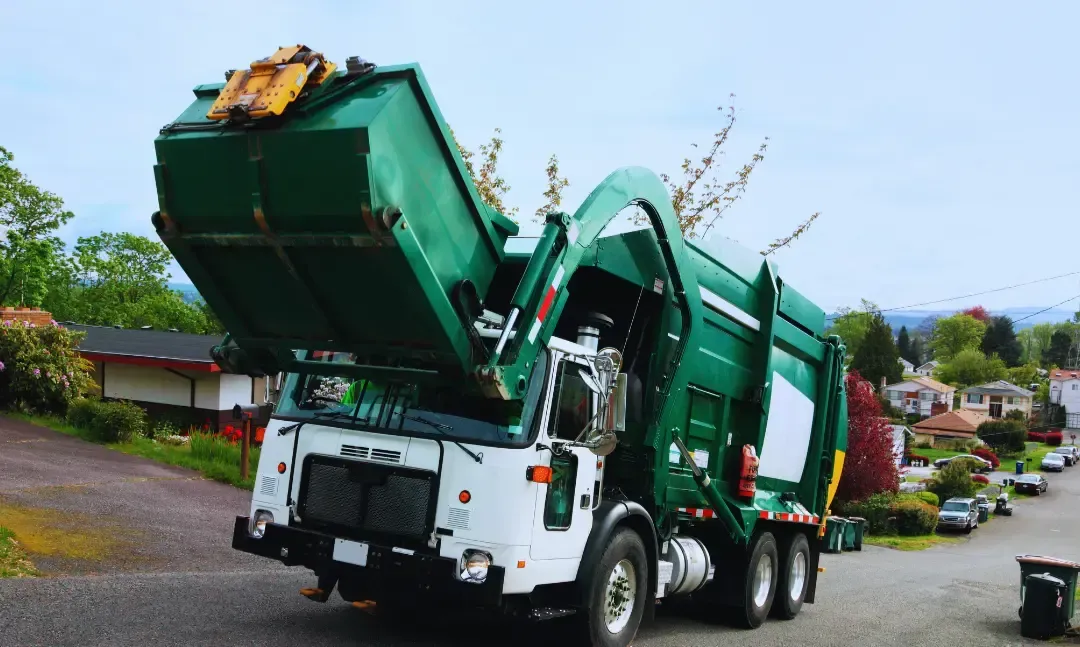
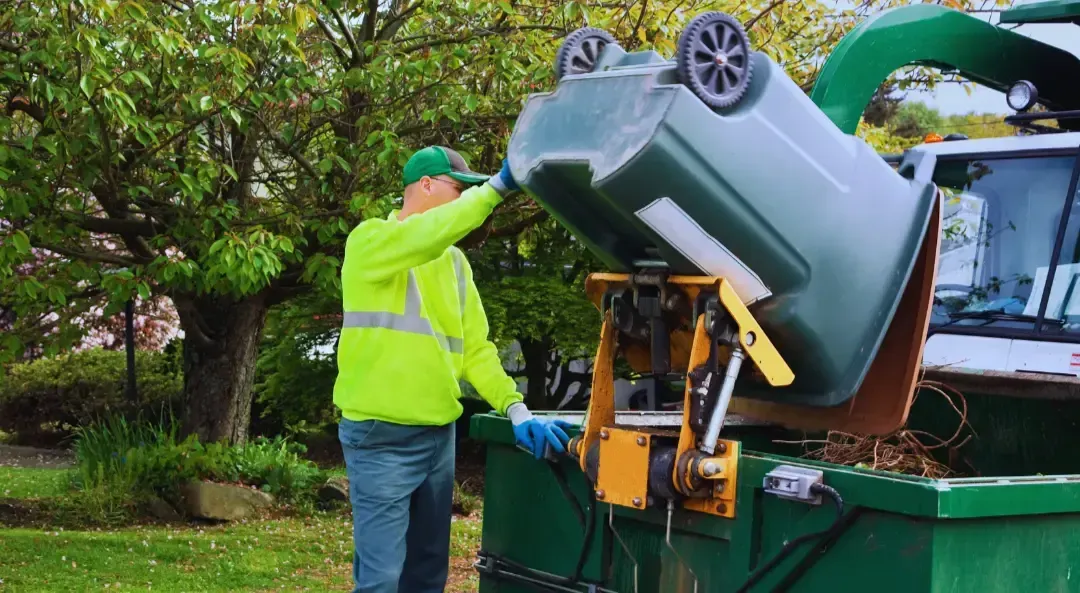
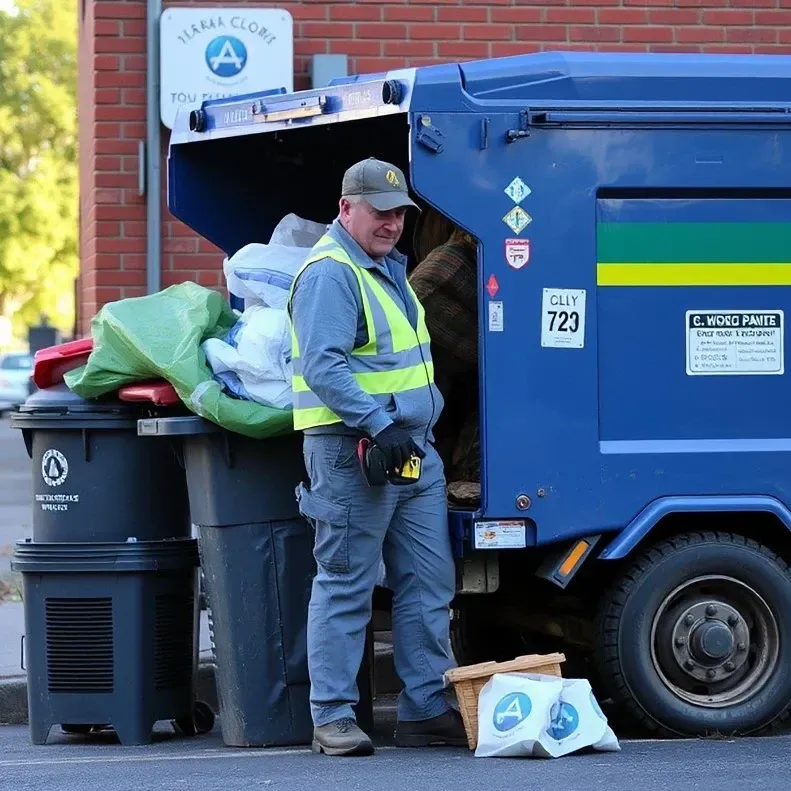
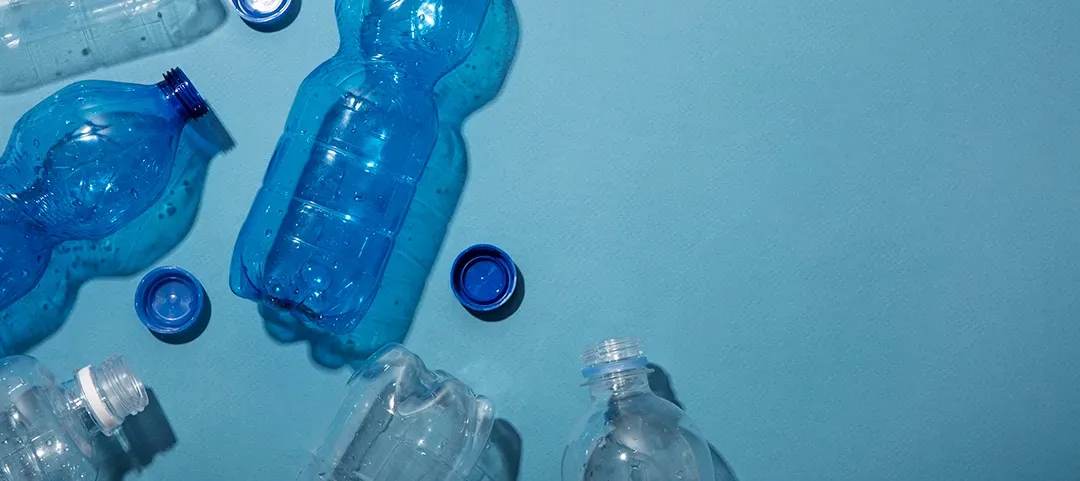
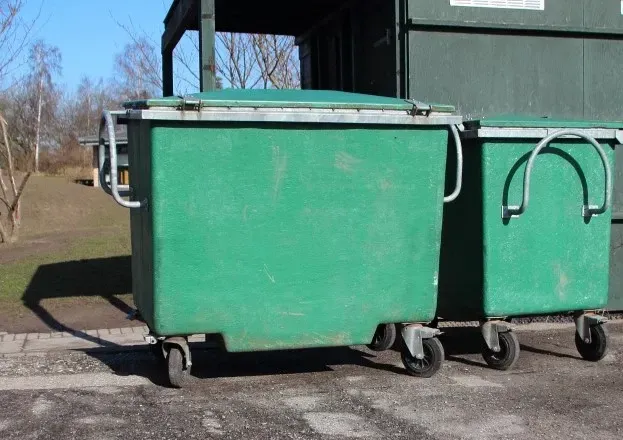
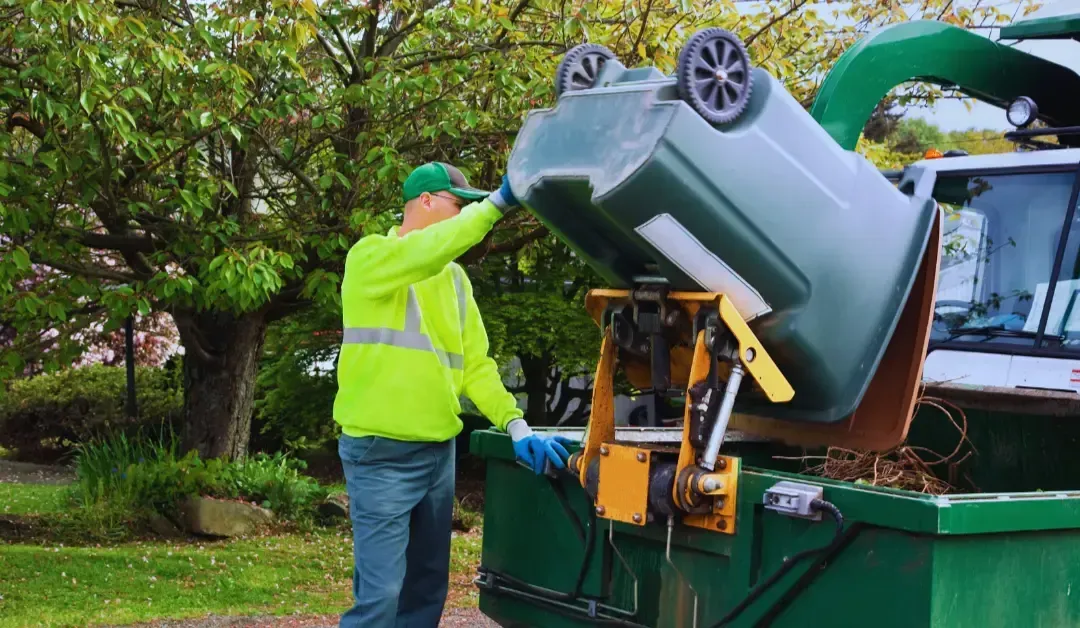
Floresville Waste Management
In the waste management niche, we are dedicated to delivering exceptional service and ensuring your satisfaction with the results. Our team takes great pride in our workmanship and guarantees that you will be pleased with the outcomes of our efforts. Additionally, all our services come with a 100% satisfaction guarantee. If you are not completely satisfied, we will gladly refund your money. We are committed to providing you with top-quality service and exceeding your expectations in the waste management industry.
All Rights Reserved | Floresville Waste Management
Company Info
Phone Number:
830-999-2783
